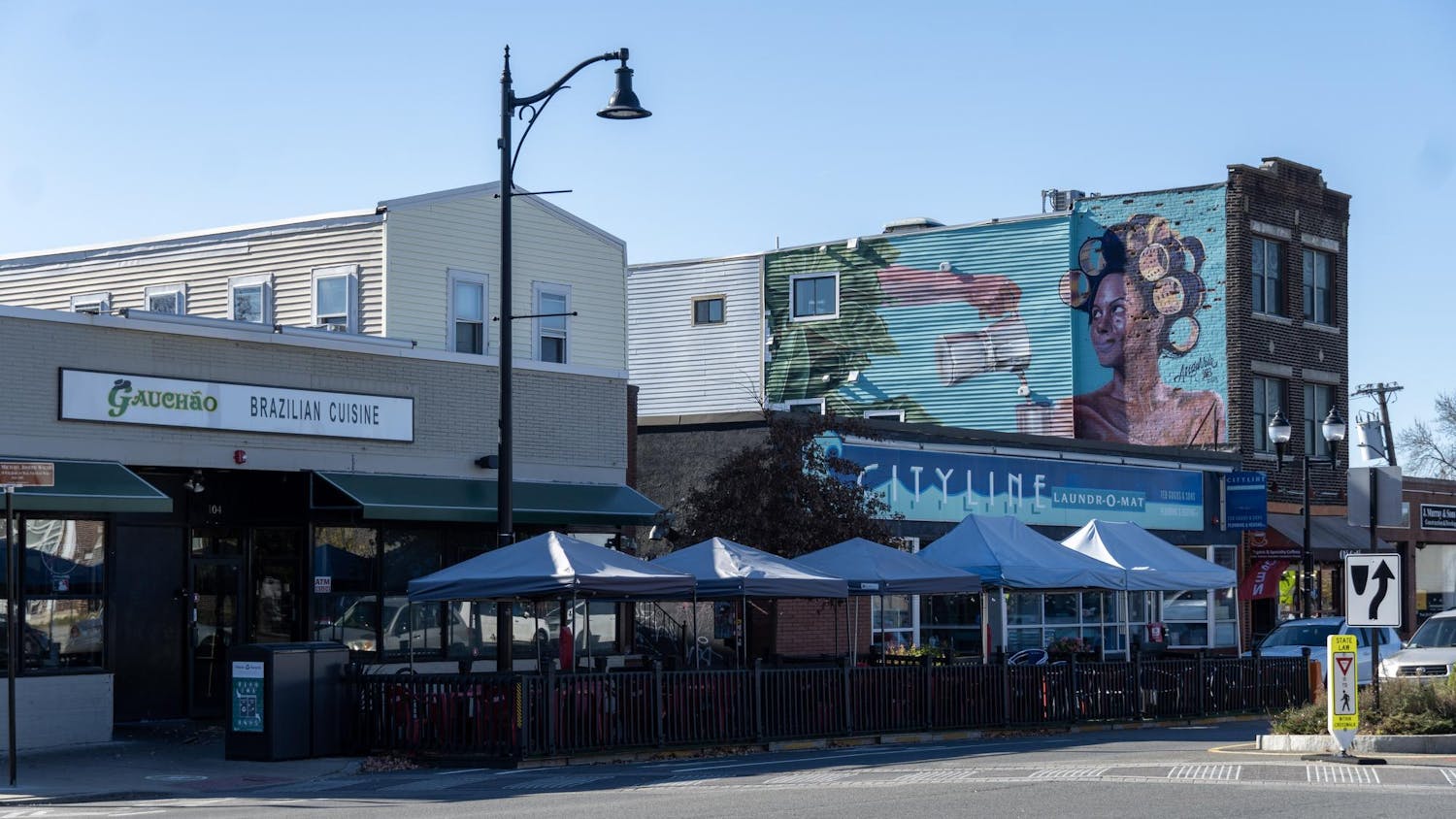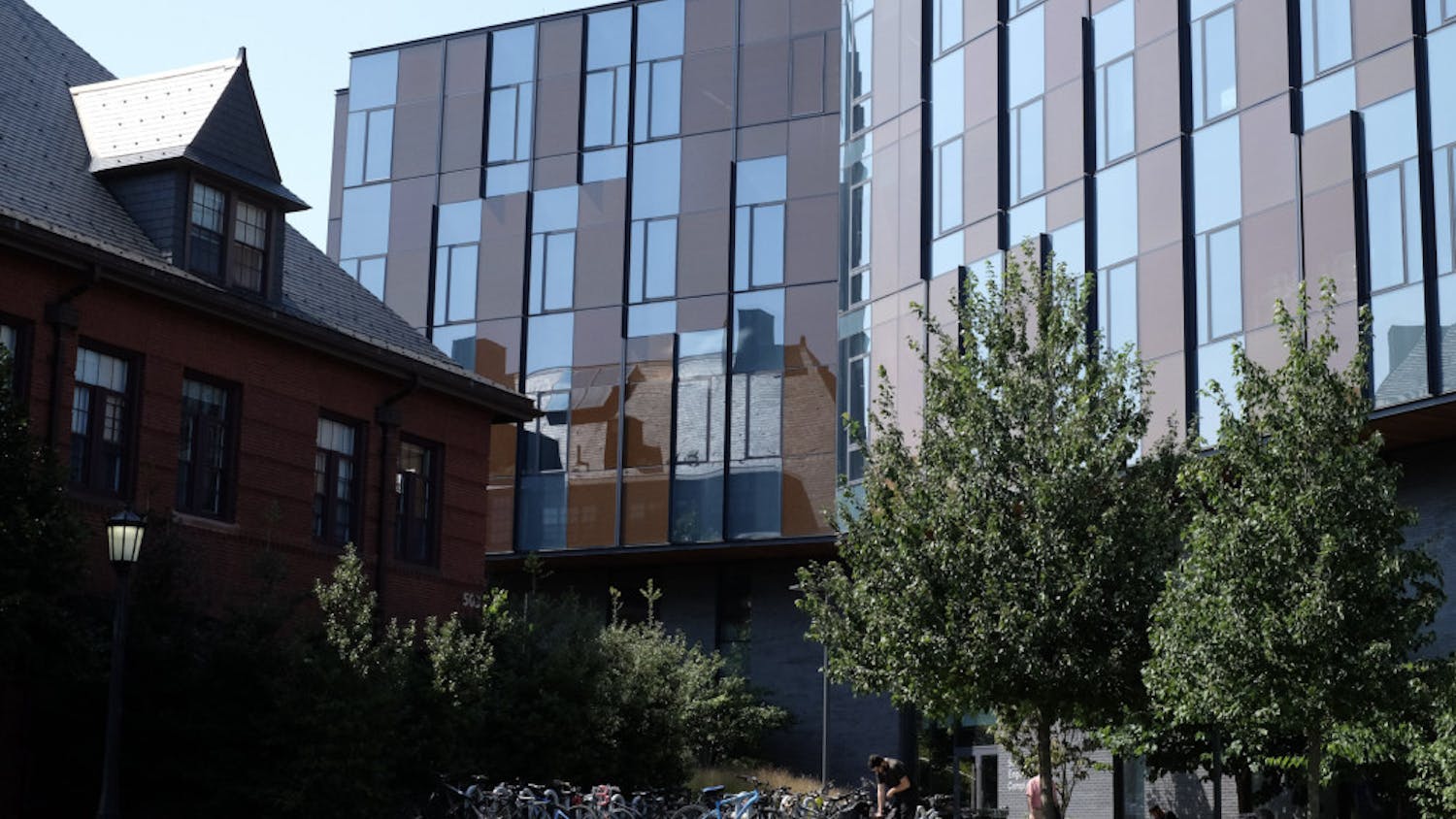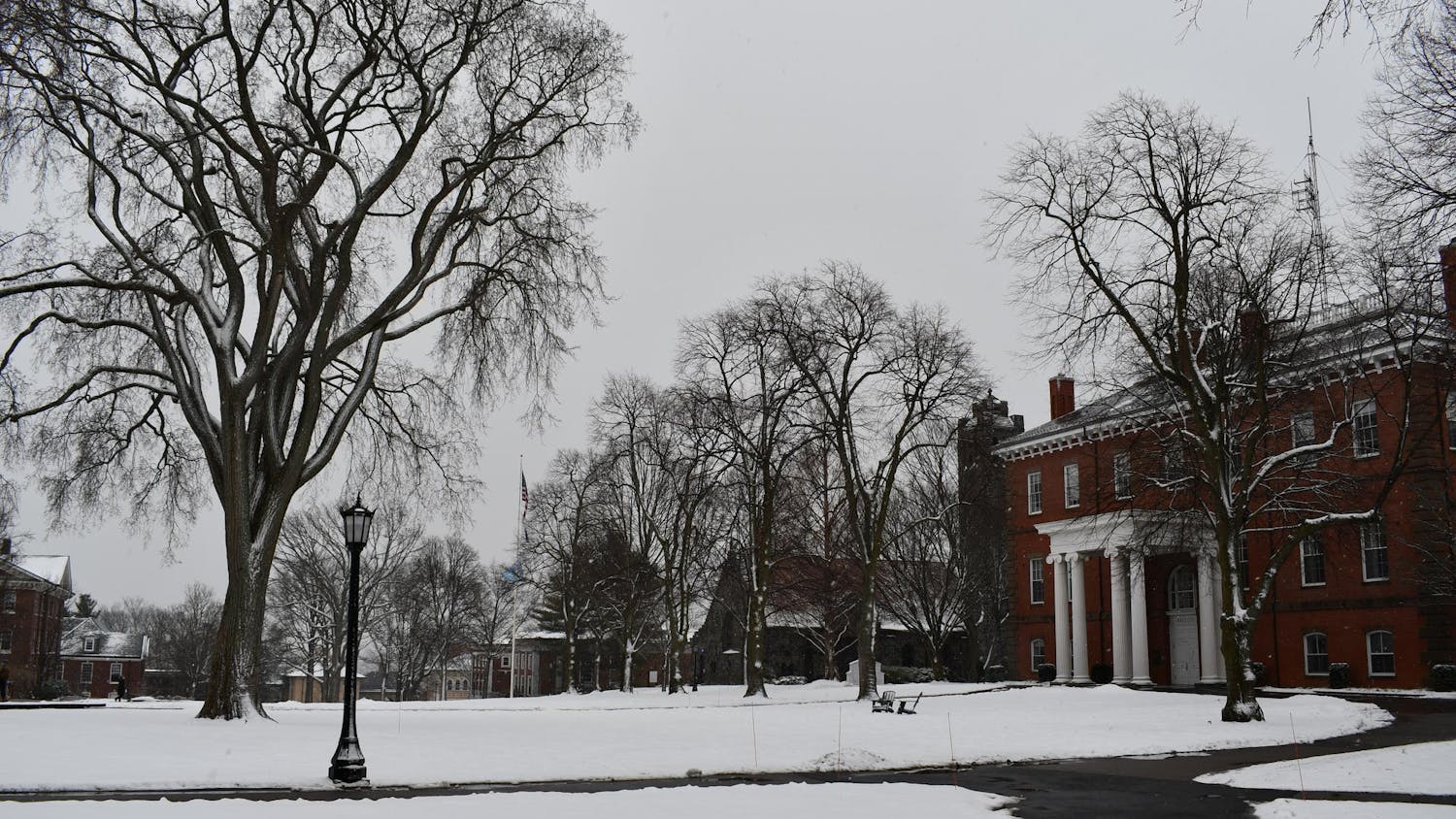The seventh annual China-U.S. Symposium, held from April 17 to April 19, explored Chinese strategies when it engages with other nations, including the United States.
The symposium began with a formal buffet dinner and opening keynote last Thursday, where Assistant Secretary of State for East Asian and Pacific Affairs Daniel Russel and Institute for Global Leadership (IGL) Founding Director Sherman Teichman, both spoke, according to symposium co-chair Lizzy Robinson.
Russel was one of the chief architects behind the strategic rebalance to the Asia Pacific Region and gave a comprehensive speech, given the constraints of being a top government official, Ben Wang, a moderator for the symposium's "China and the US in Africa" panel, said.
"I thought that he gave a very good speech, and he was definitely a very approachable and nice guy," Wang, a senior, said. "It was a nice event to have before the conference, to have a chance to talk to many of the speakers before the actual symposium."
The symposium itself began Friday with a breakfast and private roundtable discussion and a welcome address from University President Anthony Monaco, according to the symposium website. Following the kick-off of the event were the "United States' Pivot to Asia and Asia's Response" and the "China and the U.S. in Africa" panels.
Wang explained that he organized the latter panel because of the research he is doing for his senior thesis on Chinese investment in Africa. He said that during a semester in Washington, D.C., he had a chance to meet with many experts in this area.
One of the speakers, Professor Fei-Ling Wang of the Georgia Tech Sam Nunn School of International Affairs, touched on the topic of the so-called Chinese illegal immigration into Africa.
"The elites in Africa are divided, with some believing that [the Chinese] represent mercantilism and some see our presence as a substitute to the Western model," he said. "Even ordinary consumers in Africa seem to have a stealth approach towards Chinese products."
Fei-Ling Wang added that Chinese visitors to Zimbabwe seemingly experience discrimination in attaining landing visas and must pay significantly higher amounts of money for their visas than citizens of other countries, including those from the U.S.
Seifudein Adem, the associate director of the Institute of Global Cultural Studies at the State University of New York at Binghamton, described China's presence in Africa as similar to a wolf in sheep's clothing.
Adem addressed and reconstructed three claims that the Chinese have made: that China never colonized Africa, that China supported Africa's national liberation movement and that China's intentions are different from those of the colonization-minded West.
"I thought that it went very well, since it had all these different perspectives, with one Chinese speaker, an African speaker and a U.S. ambassador as well," moderator Ben Wang said. "The panel really had a wide range of perspectives, and I really liked that the speakers didn't all agree with each other, so we had a very constructive debate."
According to Robinson, the symposium was first established in 2007 from a lecture commemorating the life of Tufts alumnus David Rawson (LA '07). A David Rawson Memorial Lecture is a part of each year's symposium and this year's address was delivered by Greg Austin, a professional fellow in the department of policy innovation at the EastWest Institute.
Symposium attendee Li Fan, a freshman, described the lecture as moving, and explained that organizers showed three videos about Rawson, an EPIIC alumnus who was actively involved with IGL and had a strong interest in relations between China and the U.S.
The last day of the symposium featured a new event where Boston's Asian-American organizations were invited to present, according to Robinson.
"There were directors of the organizations and people on the executive boards of those organizations speaking about what they are, their goals and how to get involved," Robinson said. "It was the first time that we had done an event like that ... originally [Tufts Global China Connection] was going to do a networking event, but there were complications ... so we took the concept of a networking event and tweaked it to be slightly more informational and slightly less networking."12





